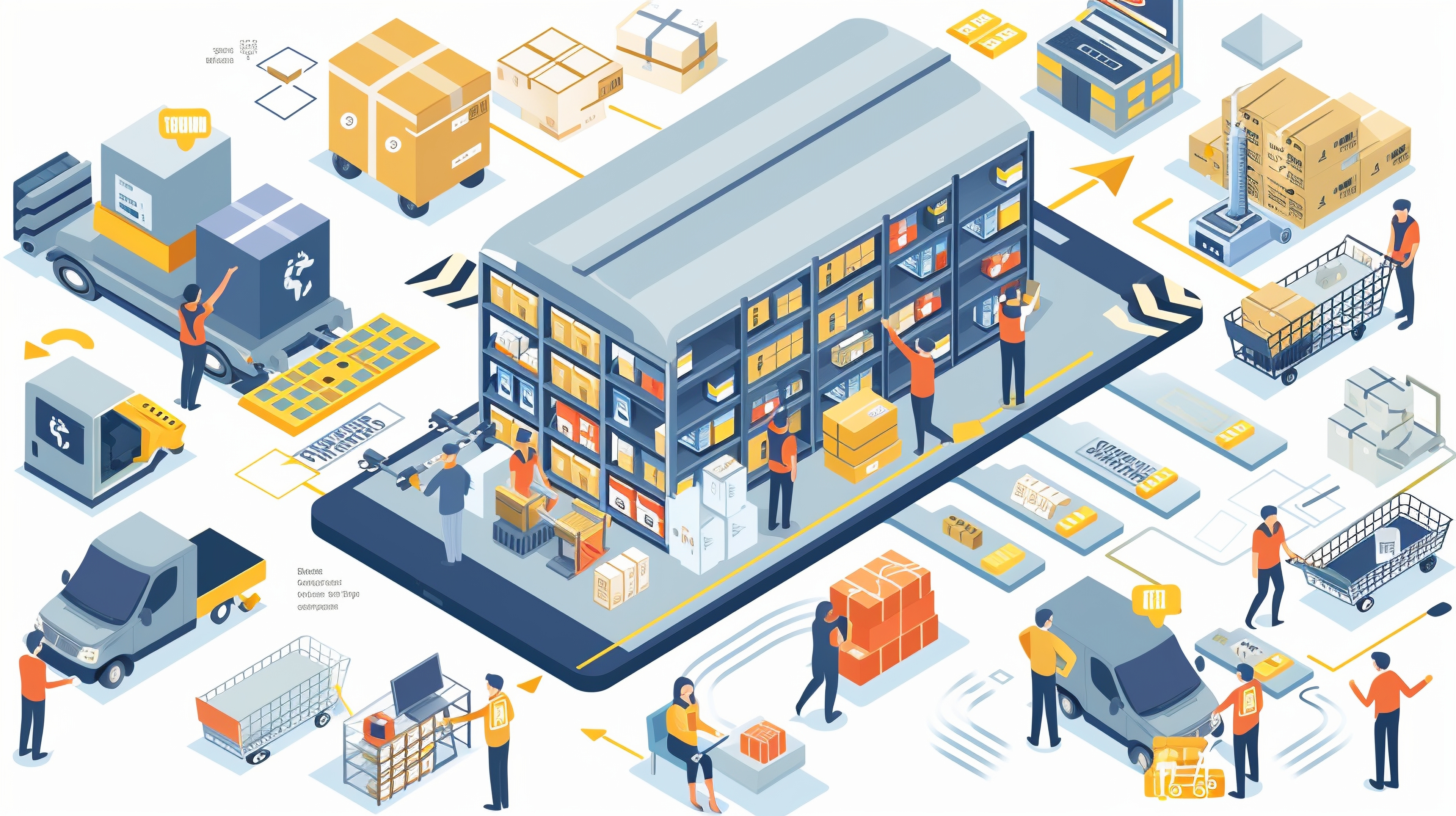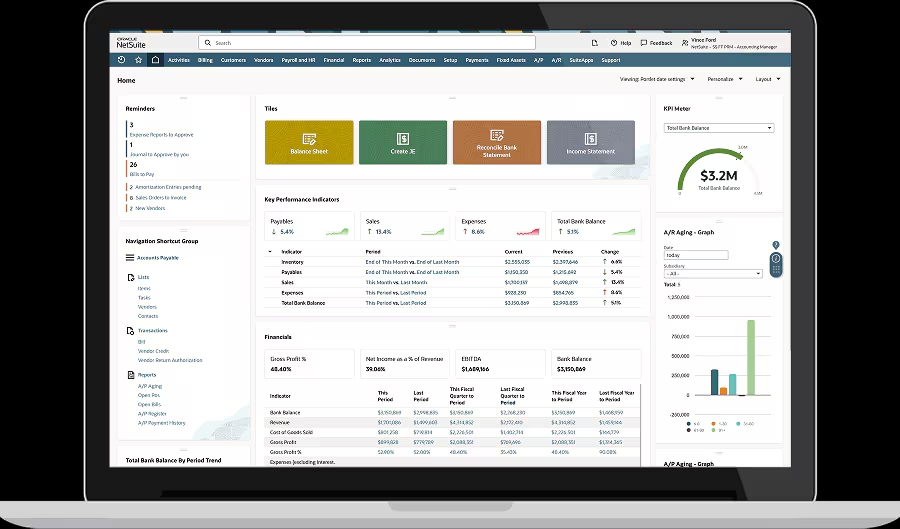ERP Software for Oil and Gas Industry

The oil and gas industry is facing rapid regulatory changes across the globe. Changing consumer demands, regulatory standards, and capital expenditure, oil and gas companies need a scalable, reliable, and accurate management system to streamline and maximize their operations. The Enterprise Resource Planning (ERP) software for the oil and gas industry creates a significant and positive impact in this situation. NetSuite’s integrated business management suite enables optimized operations thereby sustainable development for the industry players.
Why Does the Oil and Gas Industry Need ERP?
To improve the operational efficiency of oil and gas assets, the industry is focusing on the ERP software solution for supporting real-time operations management. This allows users to access the information of the company, at any time and from any place. ERP software can manage and analyze metrics across functions, as well as generate reports based on user decisions. NetSuite Cloud ERP plays a vital role in standardizing business operations in the oil and gas industry.
Take a look at the core advantages of ERP in Oil and Gas Industry:
1. Project Management: ERP software allows enterprises to manage on-site and off-site projects through organized schedules, internal communications, resource planning, and training. This helps to ensure the project completed on time and on budget.
2. Risk Management: The oil and gas industry needs risk management with advanced assistance to understand the potential of a specific project. A cloud ERP system can provide insights and contingency plans for emergencies if there are tasks relevant to risk management.
3. Simplified Process: The ERP system improves productivity and reliability through efficient storage, providing real-time access to business information across multiple networks. It raises the level of decision-making and performance within a company.
4. Easy Integration: The ERP software integrates with 3rd party applications in terms of costs and schedules. Businesses can efficiently balance resources and costs in order to meet deadlines and commitments.
5. Real-Time Asset Control: One of the most important responsibilities in the oil and gas industry is asset management. Production, shipping, refinement, and operations are just a few of the departments with large dependencies. Cloud ERP software can handle asset management effectively and error-free in such a complex network.
Benefits of NetSuite ERP in Oil and Gas industry
• The user interface of the Netsuite ERP system ensures the best support during industrial operations.
• Easily integrated and providing a single platform for all business operations.
• Helps in delivering optimized and effective approaches for detecting and reducing waste.
• It optimizes all of the processes by efficiently managing project preparation, scheduling, and inter-departmental communication.
• NetSuite Inventory Management provides real-time inventory visibility in warehouses.
• NetSuite is a fully integrated financial reporting system with real-time data.
• Scalable cloud solution with the on-demand web application.
• Dashboards, bar graphs, and maps provide higher-end graphical data to measure success, make market analysis, and forecast results.
Major Features of NetSuite for Oil and Gas Industry
Finance Management
NetSuite is a cloud-based finance and accounting solution with incredible functionality. It helps to drive higher-end financial excellence by providing real-time financial processing stability for any volume of data.
1. Prebuilt, accounting-intelligent capabilities provide complete insight into the integrated financials.
2. Accept and process customer electronic payments in a safe and accurate manner.
3. Configure and monitor company workflows and processes.
4. Customized reports provide instant insight into financial results.
Integrated Budgeting and Forecasting
Equip your organization with planning, budgeting, and forecasting tools to ensure financial stability and development.
1. Create rolling 12-month forecasts and compare actuals to project outcomes.
2. Create and consolidate driver-based plans by customizing data entry sheets and allocation processes.
Customer Relationship Management
Customer relationship management (CRM) has a multi-tenant architecture that securely stores data and provides 360-degree visibility.
1. Assists in the storage of all consumer information and effective management of fragmented functions.
2. Tracking and recording service problems and adequate assistance.
3. Helps to have an optimized sales pyramid.
4. Effective marketing tactics management.
Inventory Management and Supply Chain
The inventory management system in NetSuite works by optimizing stock, production, purchasing, and warehouse management.
1. Get real-time insight into important inventory tracking and supply chain management metrics.
2. Using easy online purchasing and intelligent workflow routing, streamline procurement processes.
3. Improved customer service, as well as stock management and capability fulfilment.
Reporting and Analytics
Gain a full picture of the company on-demand and in real-time, from reporting and analytics to perspective and decision-making.
1. Ensure compliance and meet requirements with simple and timely personalized reporting.
2. Get instant, live visibility for all major stakeholders, from high-level summaries to basic transactions.
3. Ensure compliance and mitigate risk with strong protection, separation of duties, and completely auditable business processes.
Are you interested in implementing NetSuite ERP??? With the help of Jobin & Jismi choose the right ERP system to make your firm more efficient. Get in touch with our experts for any assistance.
on LinkedIn




